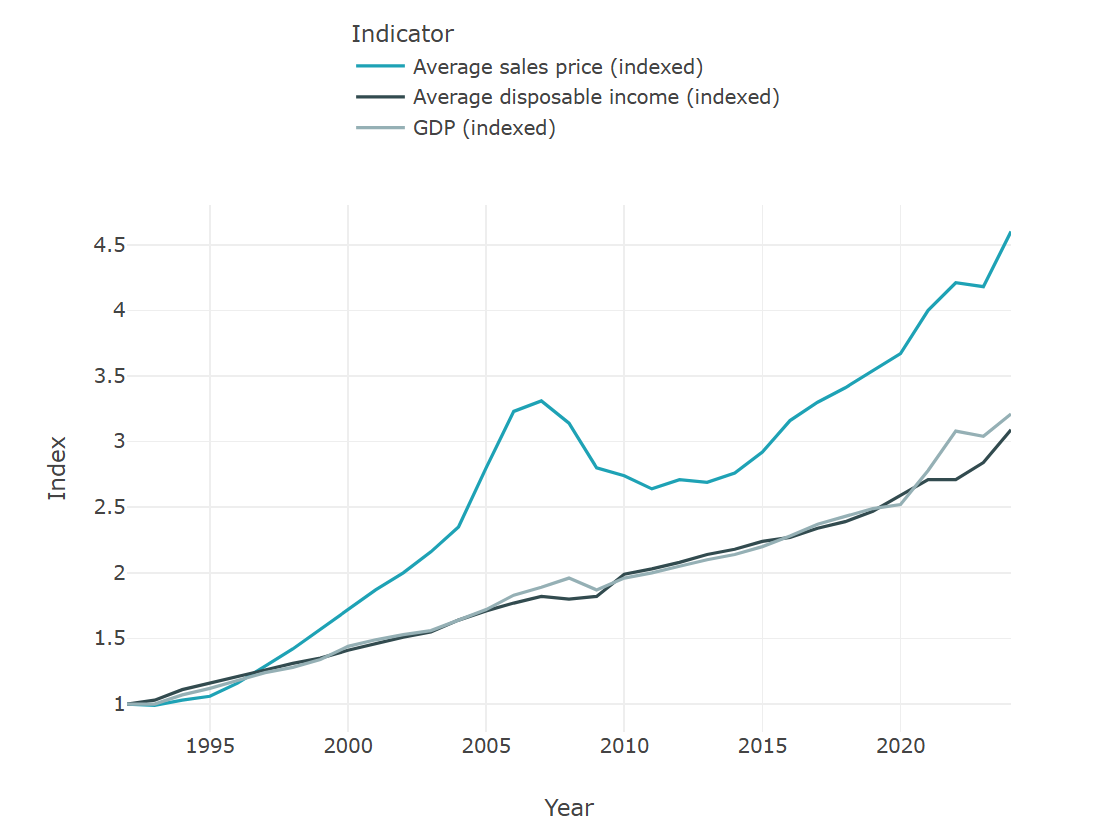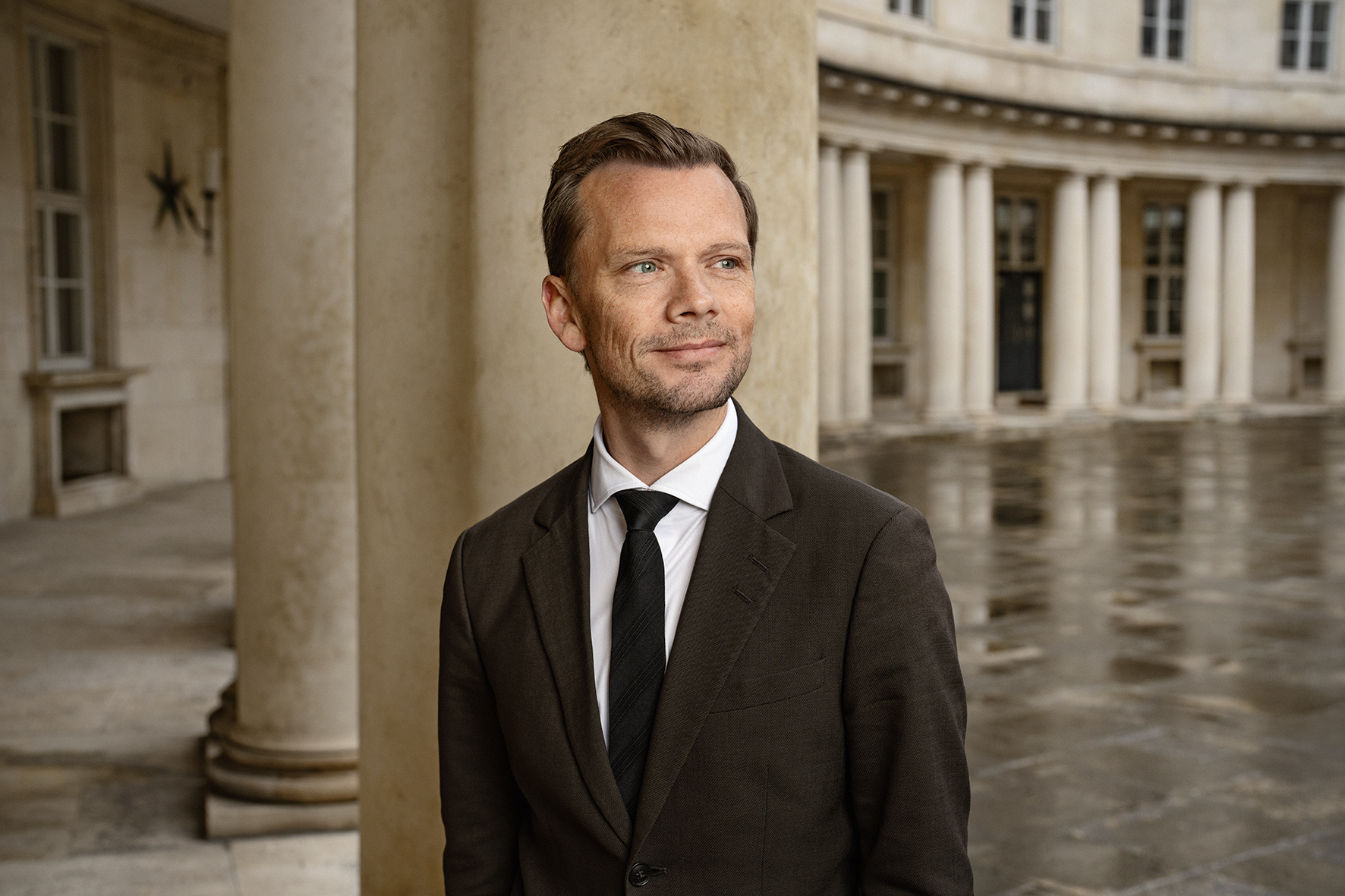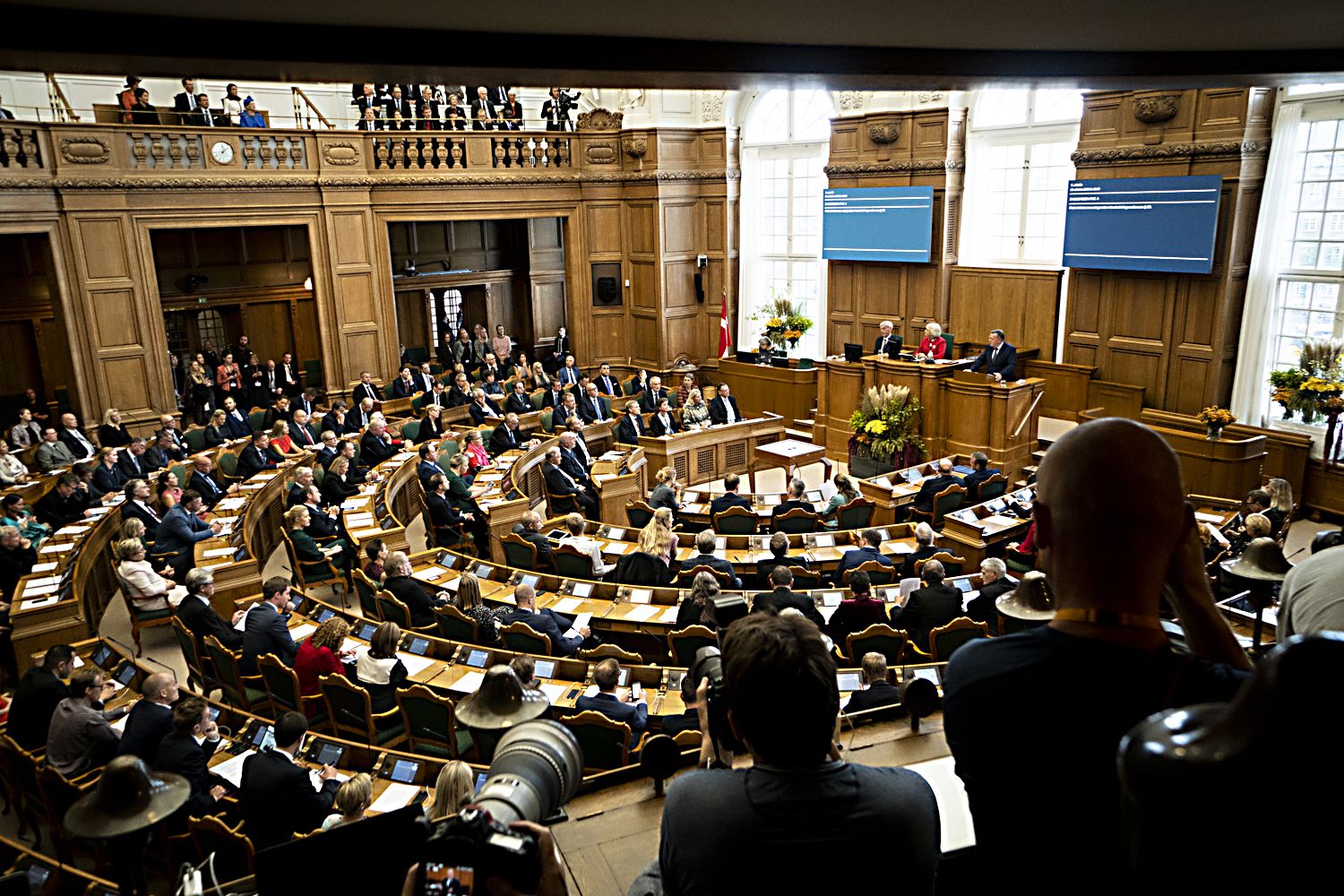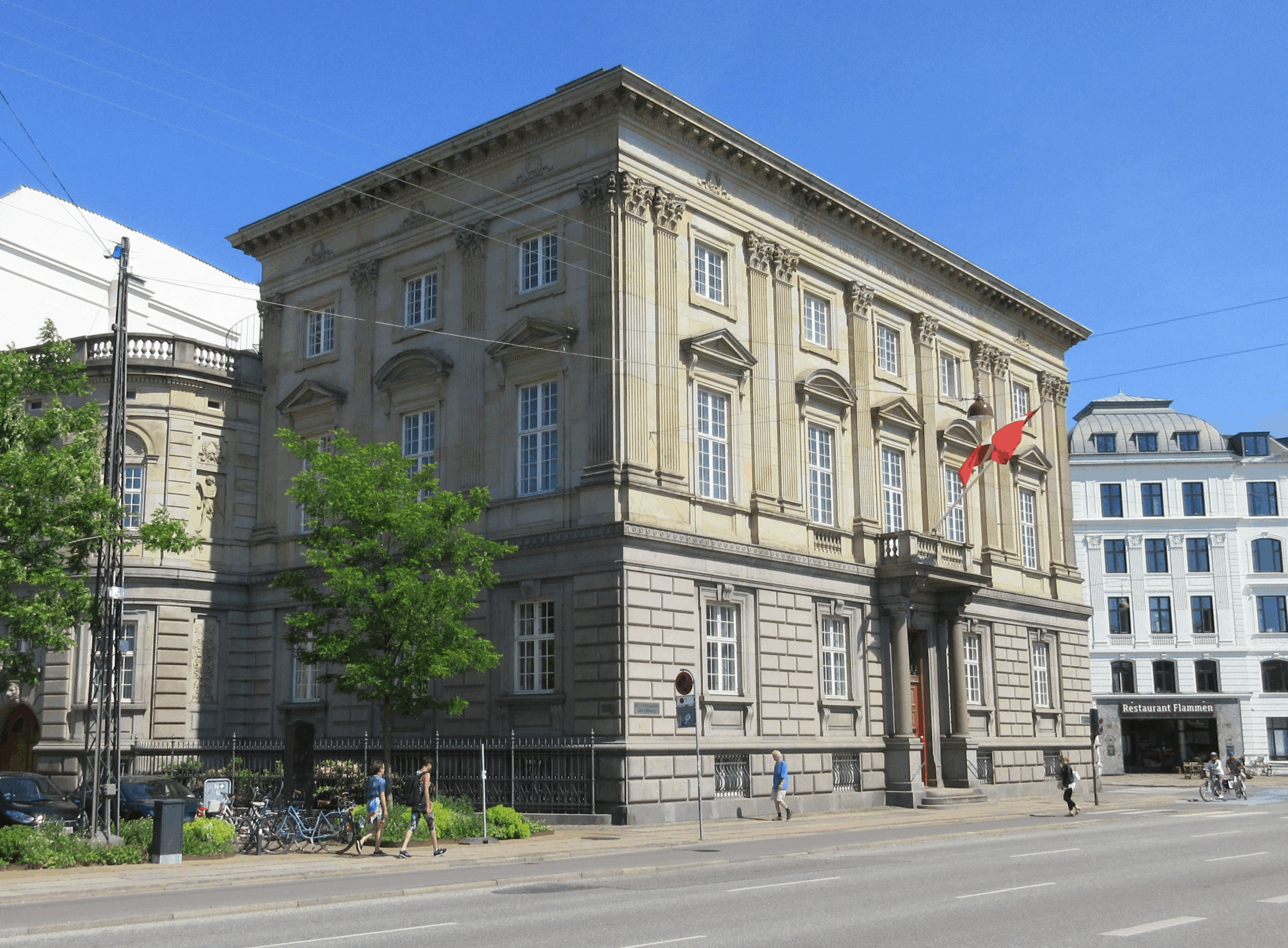What do the names Milena Penkowa, Michael Qureshi and Anna Castberg have in common? Answer: they all managed to pull the wool over people’s eyes big-time and more or less got away with it.
The art of lying
The Anna Castberg case has probably receded from memory by now, so these are the basic facts: in 1993, a new museum for modern art, Arken in Ishøj, was under construction. A complete outsider, Anna Castberg, a Dane who had lived abroad for most of her life, was selected to head up this prestigious new cultural icon.
The museum opened in March 1996 with considerable fanfare, and pictures of the new director showing the Danish queen around duly appeared in the media. However, this idyllic picture soon began to fade. Firstly, Castberg went over budget on the use of consultants to the tune of around 800,000 kroner.
Her most heinous crime, however, was to have ‘invented’ a doctorate from London University on her CV – along with claims to have completed courses at the Sorbonne and the Courtauld Gallery. On top of this, her application was padded out with several fictitious employers. It all came to an end when a couple of alert journalists from Jyllands-Posten blew the whistle on her.
One titbit that did emerge was that at the age of 17 and under the name of Leslie-Ann Beldamme, she recorded a single for Decca records in England that sold 9,000 copies. After her somewhat ignominious departure, she moved back to the UK.
Own goal or just off-side?
Prominent sports journalist Michael Qureshi was fired by his then-employer Ekstra Bladet in December 2015 when it transpired he had been breaking one of the cardinal rules of journalism and making extensive use of non-existent sources in his articles.
In April 2016, Qureshi was reported to the police by another paper, BT, after it had retracted 287 articles which he’d written over the years due to “ethical problems” with 155 sources.
Additionally, Qureshi had also been writing for Goal magazine, and the publishers decided to retract 500 articles and stop working with Qureshi with immediate effect.
There were also suspicions that Qureshi had been paid through offshore accounts in the Isle of Man.
However, the police dropped the charges in September 2016.
The scandal had started in October 2015, when Ekstra Bladet carried an interview with Napoli’s Gonzalo Higuaín, which later turned out to have never taken place. As a result, Viasat’s Onside editorial team began to look at Qureshi’s earlier work.
When questioned, Qureshi claimed that his sources were genuine but that he’d given them false names to protect them. But Politiken was able to reveal that Qureshi had invented false quotes in a BT article on Michael Laudrup in 2014. He’d quoted a Scottish journalist, Paul Hughes, as a source, but when questioned, Hughes denied ever having talked to Qureshi about Laudrup.
However, a week is a long time in politics (and journalism, it seems) and Qureshi is now making a comeback as the editor of a media platform with a focus on Aalborg.
“Anyway, it’s not as if I’ve killed anyone.”
As quoted in Journalisten, he seems hardly the picture of contrition: “I’ve looked introspectively at how I worked. I felt a little too invincible. I used methods that were out of order because I wanted to be the best. I was too uncompromising. The way I’ve been cut down, I think that perhaps they forget that there is also a person behind the journalist. And anyway, it’s not as if I’ve killed anyone.”
Strange case of missing rats
A court decision in September at Denmark’s Østre Landsret brought the long-running case against neuroscientist and researcher Milena Penkowa to a conclusion – at least for the time being.
The case began to roll in 2010 when Penkowa, who at that time was a professor at the Panum Institute at the University of Copenhagen, was accused of scientific misconduct. Her graduate students had tried to replicate some of her previous results and doubts arose as to whether her experiments had, in fact, been carried out. Her original doctoral thesis from 2001 described some experiments on rats, and it could not be reliably determined whether these rats even existed.
On top of that, misconduct allegations were made regarding a 5.6 million kroner research grant and Copenhagen University paid back 2 million kroner to the donor. Penkowa also received a three-month suspended sentence at Copenhagen City Court and resigned her professorship.
In August 2012, an international panel of researchers stated there is “no doubt that there is justified suspicion of deliberate scientific malpractice in 15 of Penkowa’s articles”. These were passed on to the Danish Committees on Scientific Dishonesty, which concluded she had been guilty of scientific misconduct. Penkowa, however, has always insisted that although “unforeseen errors could have been committed since I started working in a laboratory in 1993 … deliberate malpractice is another matter and something I have never done.”
In September 2015, the City Court found Penkowa guilty of serious documentary fraud and gave her a nine-month suspended sentence, with a two-year probationary period. Penkowa appealed and this time the result was by a majority decision of six to three and she was acquitted of serious fraud, but adjudged guilty of ordinary documentary fraud. At the moment, the prosecutor is deliberating on whether to appeal the verdict to the High Court.
In an act of true hubris, Milena Penkowa also nominated herself for, and received, the EliteForsk prize (and 1.1 kroner million) in 2009. As a result of the ensuing scandals, she was subsequently stripped of this honour by the minister of science in 2011.
How do they do it?
Now these frauds are so blatant that you’d think they should have been obvious to all, not least a supposedly critical media. For instance, who offers a complete unknown a plum job at a prestigious national institution without checking any of their credentials?
You need a mile-high ego and breathtaking audacity to assume that nobody is going to check up on you, and that you can just wing it with the gift of the gab or a sharp pen. It also helps if you cultivate friends in high places and are frequently seen with the ‘in crowd’.
But ultimately, are the Danes just too nice – and always willing to think the best of others?
Søren Skafte, a former civil servant who writes a blog on international and home-grown swindlers (bit.ly/2cMzzZp), doesn’t think so.
“I have no evidence to claim that this kind of thing happens more in Denmark than elsewhere,” he said, adding that it’s somewhat stretching matters to say that the Danes are especially naïve and trusting.
However, Skafte does concede that fraud is more common in some spheres of society than others.
“Apparently there’s a lot of cheating going on in the media, academic world and business,” he said.













